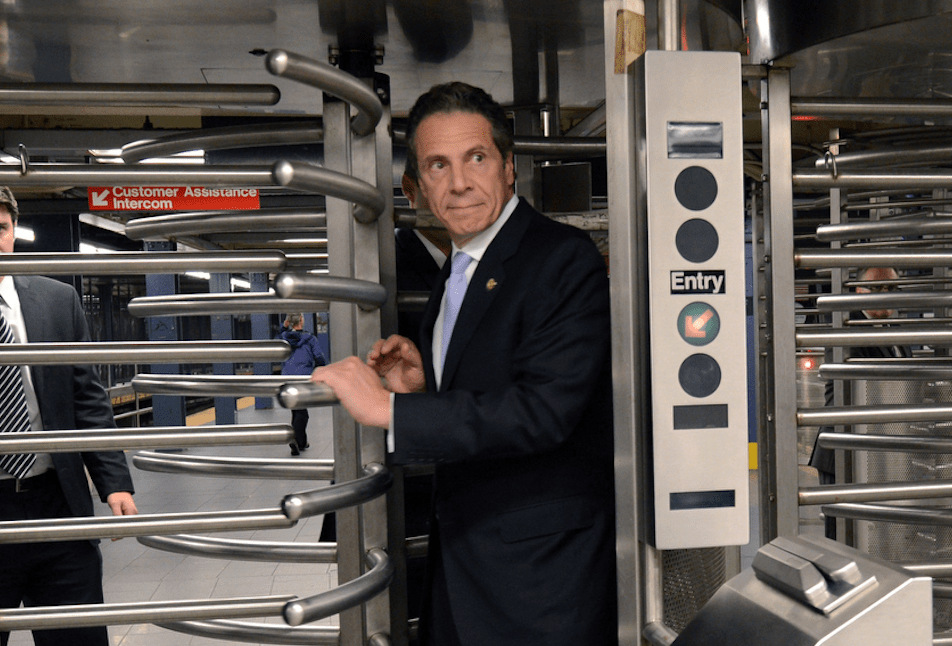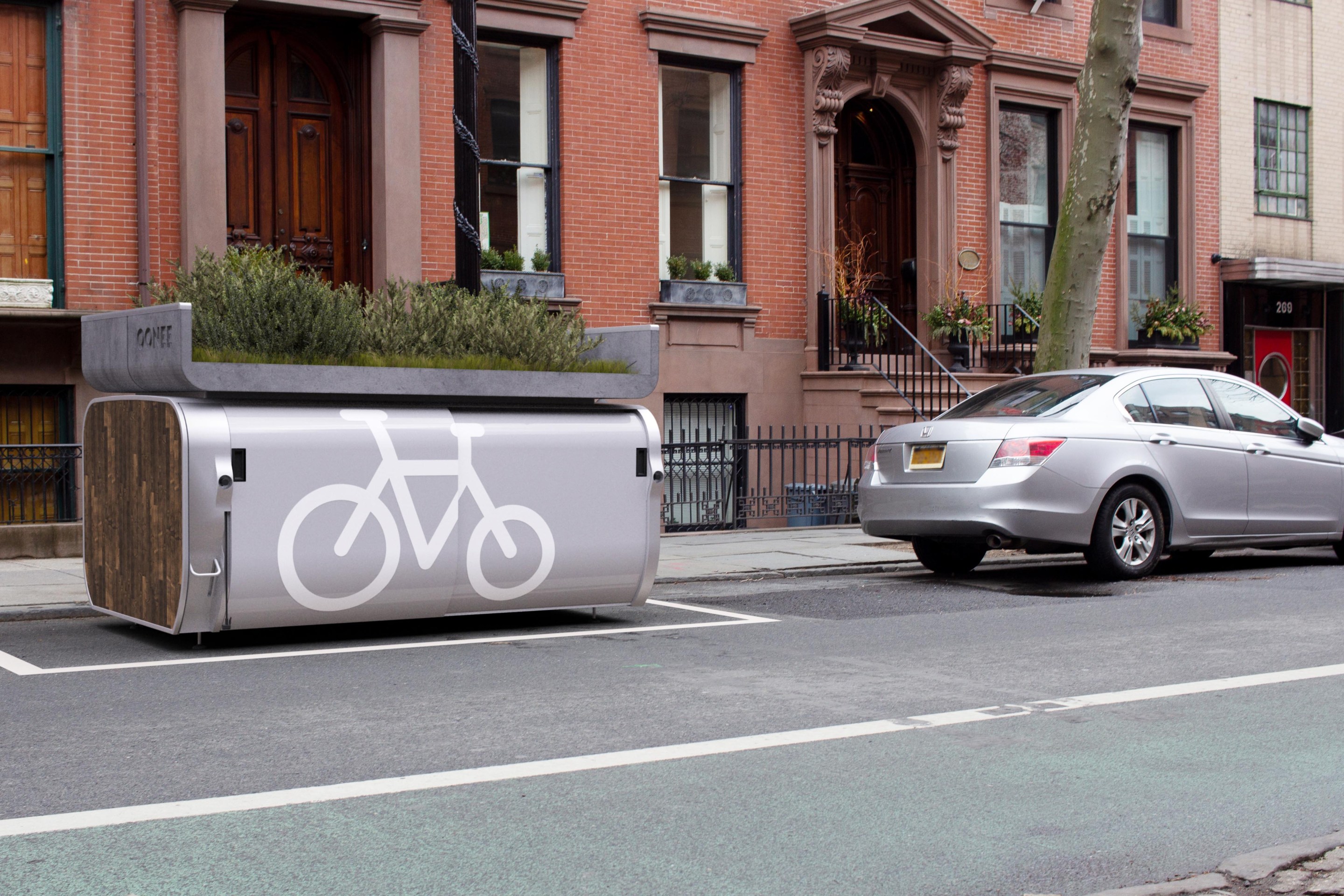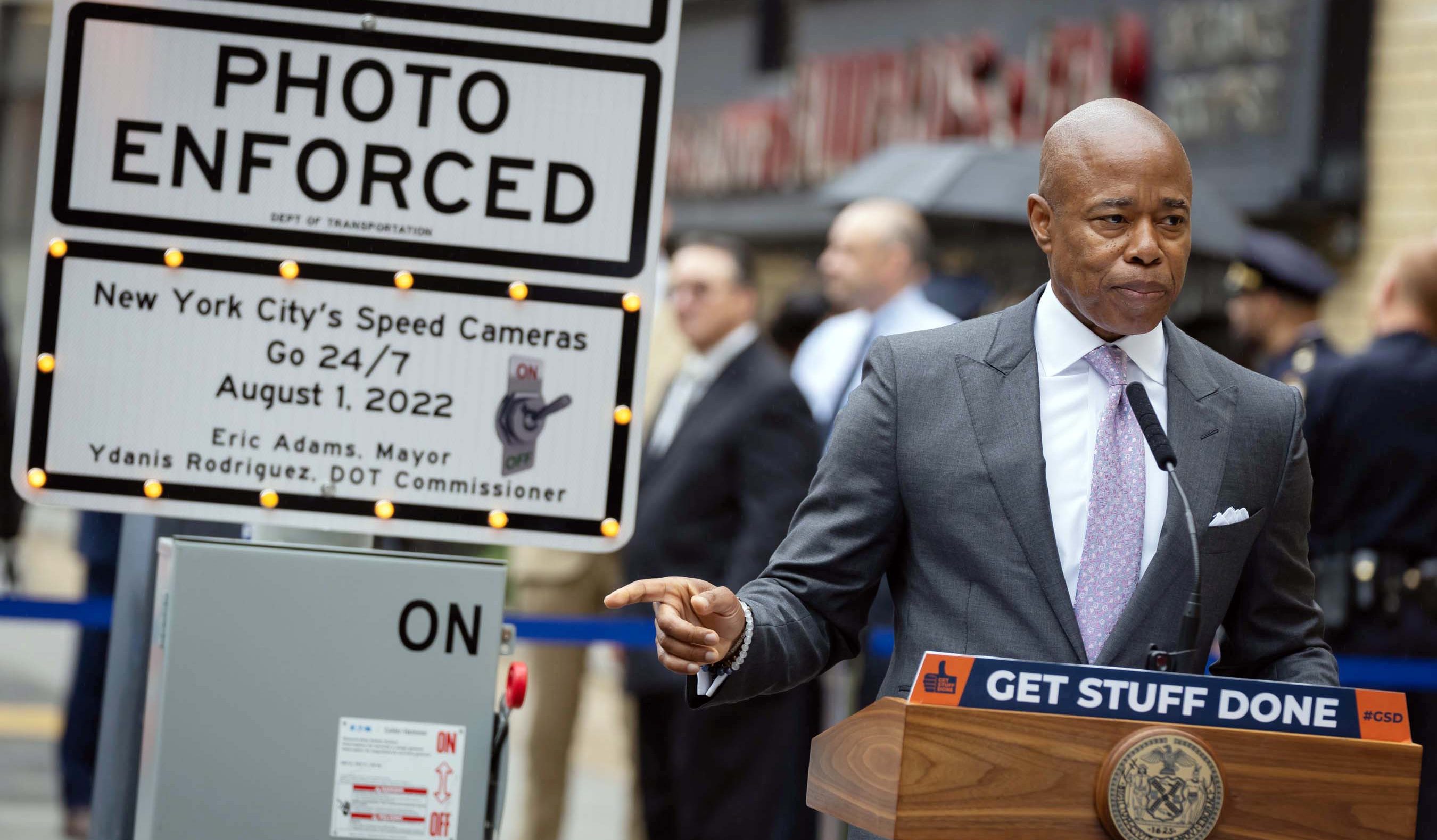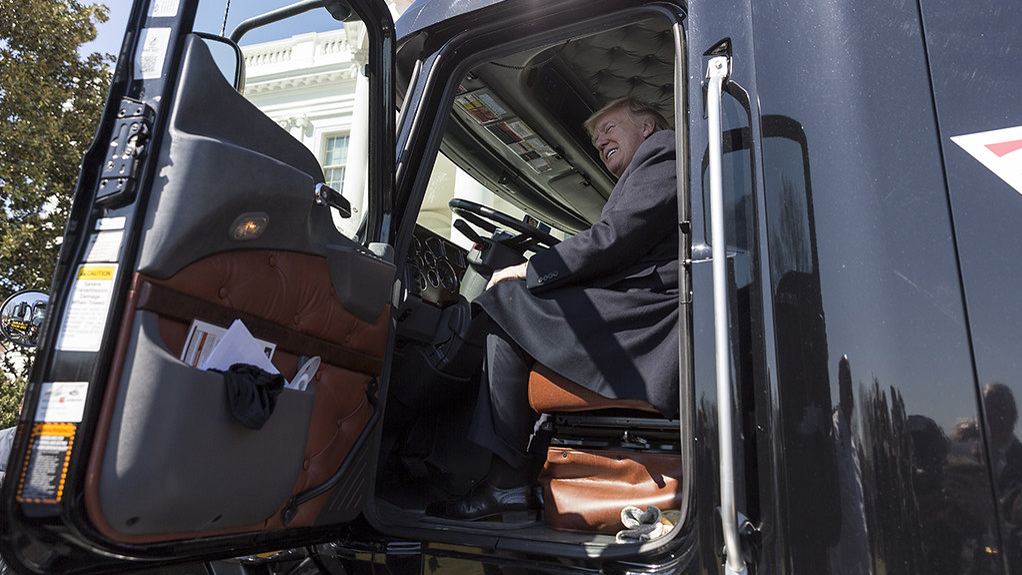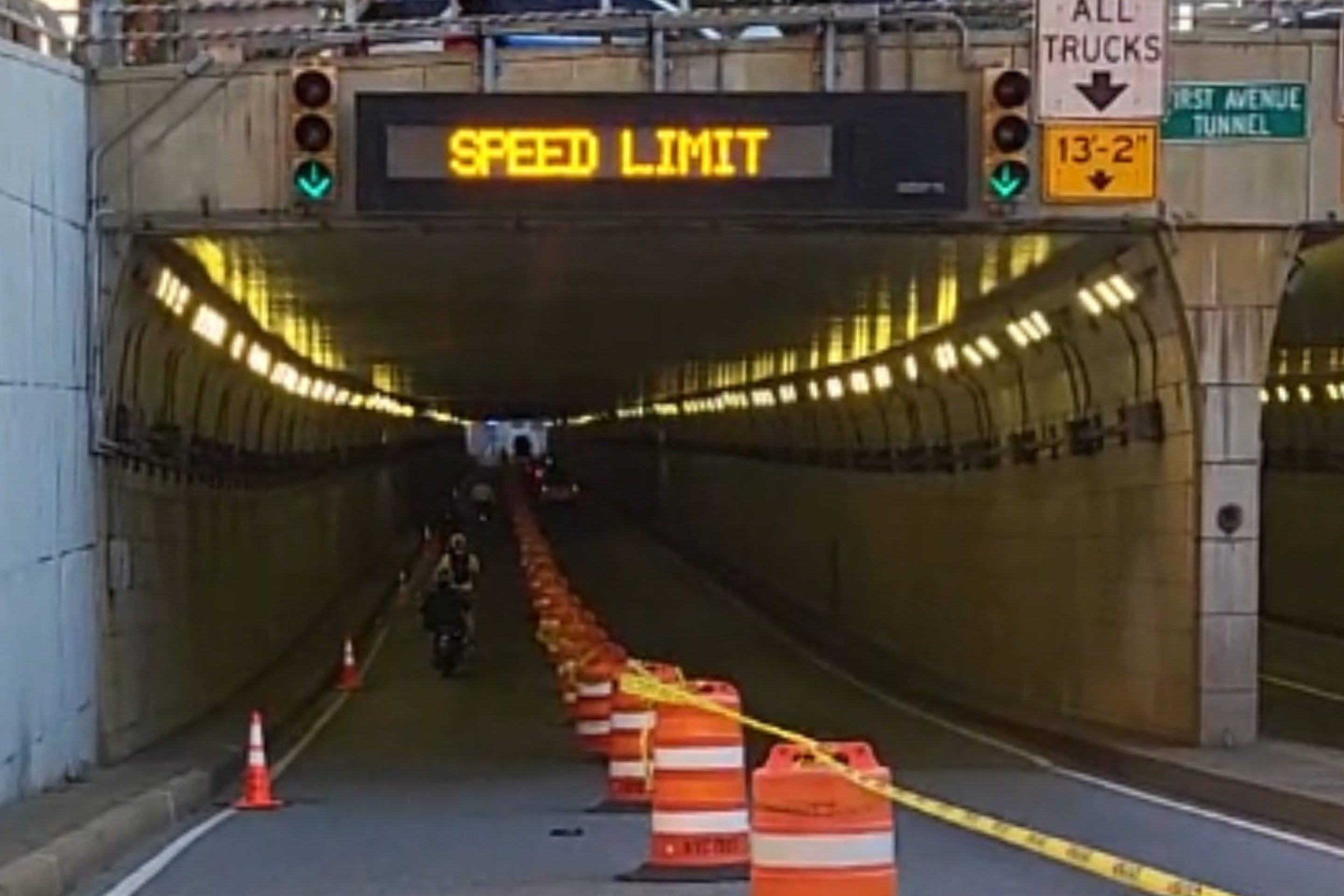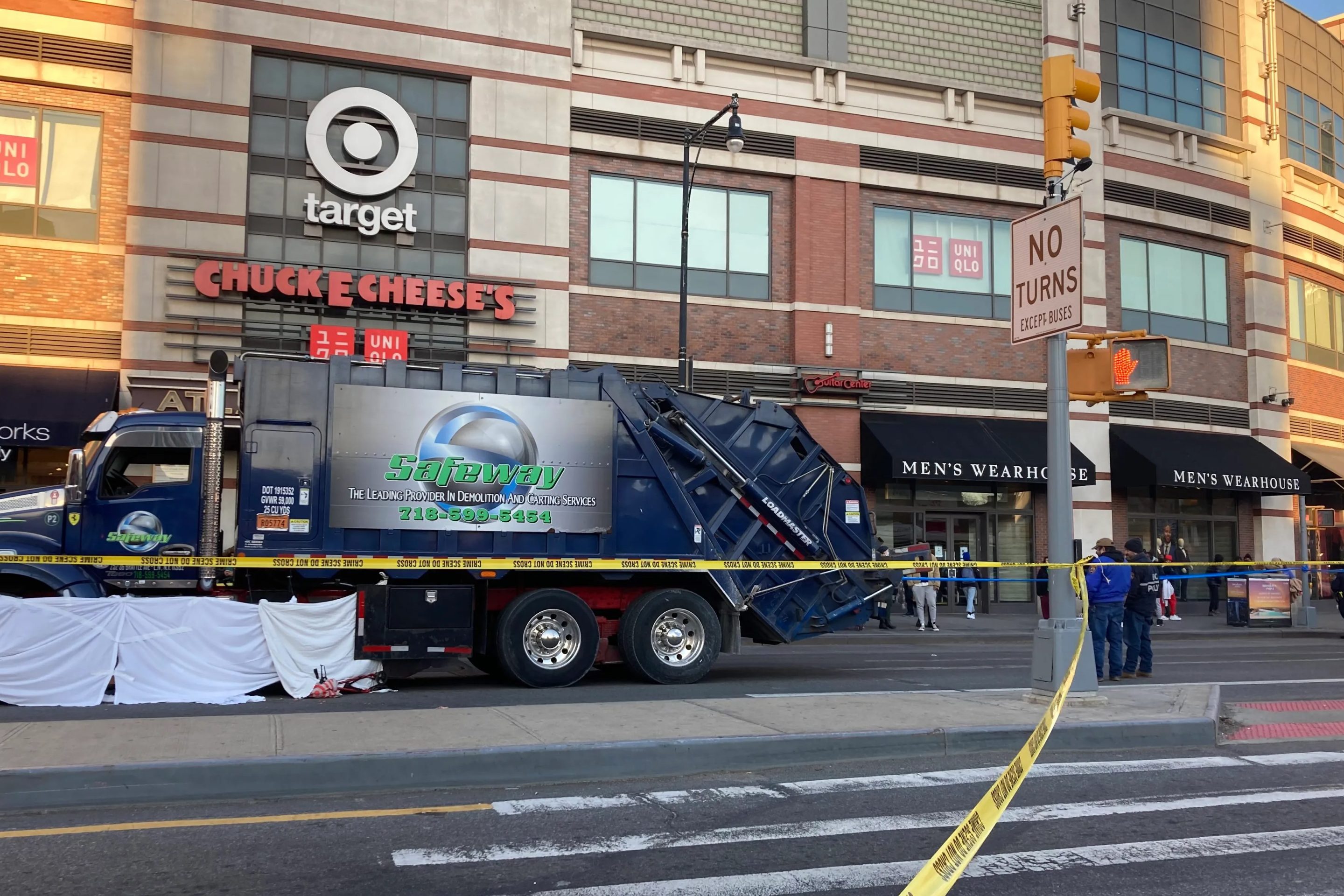Talk about a rock and a hard place.
With no guarantee of other revenue from Governor Cuomo or elsewhere, MTA board members had no choice on Wednesday but to pass budget that assumes fare and toll increases — which happened to be opposed by the governor himself.
"We have a responsibility to balance this budget right now, and that’s what we’ve provided," Interim MTA Chairman Fernando Ferrer told reporters following the vote. "If something falls through, then we’ve got to find additional revenue — or make very deep service cuts."
The vote on the 2019 fare and toll increase is expected to take place next month. For the past decade, biennial fare hikes have been standard practice at the agency — part of a commitment the board made during a past fiscal crisis.
But with deteriorated service driving bus and subway riders away in droves, Cuomo has come out swinging against the fare hike, forcing the board to choose between that and service cuts, since without fares the agency will be $244 million in the red.
"It would be very painful," MTA Chief Financial Officer Bob Foran said of the potential service cuts.
At Wednesday's meeting, board members were vocally uncomfortable with that predicament, even as they voted almost unanimously to move forward with a budget that assumes increased fares.
"What we have today, and we have to be realistic about this here, is an operation here that cannot last," Westchester rep Andrew Saul said. "Whether we approve this budget or don’t approve this budget, I’m not so sure that’s material."
"I, too, am going to vote for this budget, but I’m not happy about it," added Hotel Trades Council President Peter Ward, a Cuomo appointee. "There are some things about the fare increases that I think need to be addressed. I personally find it offensive that we’re going to increase fares for Access-A-Ride."
Of the board's 14 members, only Carl Weisbrod and Veronica Vanterpool —both appointees of Mayor de Blasio — declined to vote in favor of the budget. Both abstained.
Throughout the discussion, board members harped on the need to cut costs and root out "waste" and "inefficiency" in the agency, echoing comments by the governor last month. Finance chair Larry Schwartz, a Cuomo ally, committed to spending 2019 "aggressively and proactively changing the structure of the MTA."
Schwartz and his colleagues did not, however, specify what exactly needed to be done to the MTA's structure. Cutting labor and healthcare costs, addressing the agency's growing debt costs, and merging Metro-North and the Long Island Rail Roads all came up, but the board seemed wholly unprepared to do any of those things.
Instead, it promised to take action ... eventually.
Only one board member — Ira Greenberg, who does not have a vote — called out the need for the governor and city to follow through on their financial commitments to the agency's capital plan. In 2015, Cuomo pledged $8.3 billion, but accompanying language in the subsequent state budget required the MTA to exhaust all other funding sources, including borrowing, before the state puts in a penny. As a result, the MTA's annual debt service payments, which come out of the operating budget, are expected to continue to grow in the coming years.
It's unclear why the MTA board is only realizing its dire financial situation now.
"We’ve known for months that the agency doesn’t just need an infusion of capital money, but that there’s a huge crater in the operating budget," said Jon Orcutt, advocacy & communication director of TransitCenter. "The board's job is to run the place. You don’t get to make dissociative comments if you’re a board member of an agency. It’s you and it’s your budget."
It's just the latest example of a board hamstrung by systemic and political factors far out of its control.
Board members, the majority appointed by Cuomo, are loathe to go against his wishes — even when they know it’s the right thing to do. That was the case earlier this year when they raised a stink about his so-called Enhanced Stations Initiative, which did not include accessibility upgrades, only to pass it the following month. And when it comes to finding new revenue, the board is wholly dependent on Cuomo, Mayor de Blasio, and the state legislature — whose big talk has produced little in terms of results, even as the reality of the transit crisis has come into clearer view.
And now, with no new revenue to speak of, board members will likely have no choice but to pass an unpopular — and in the view of many riders and advocates, undeserving — fare hike.
